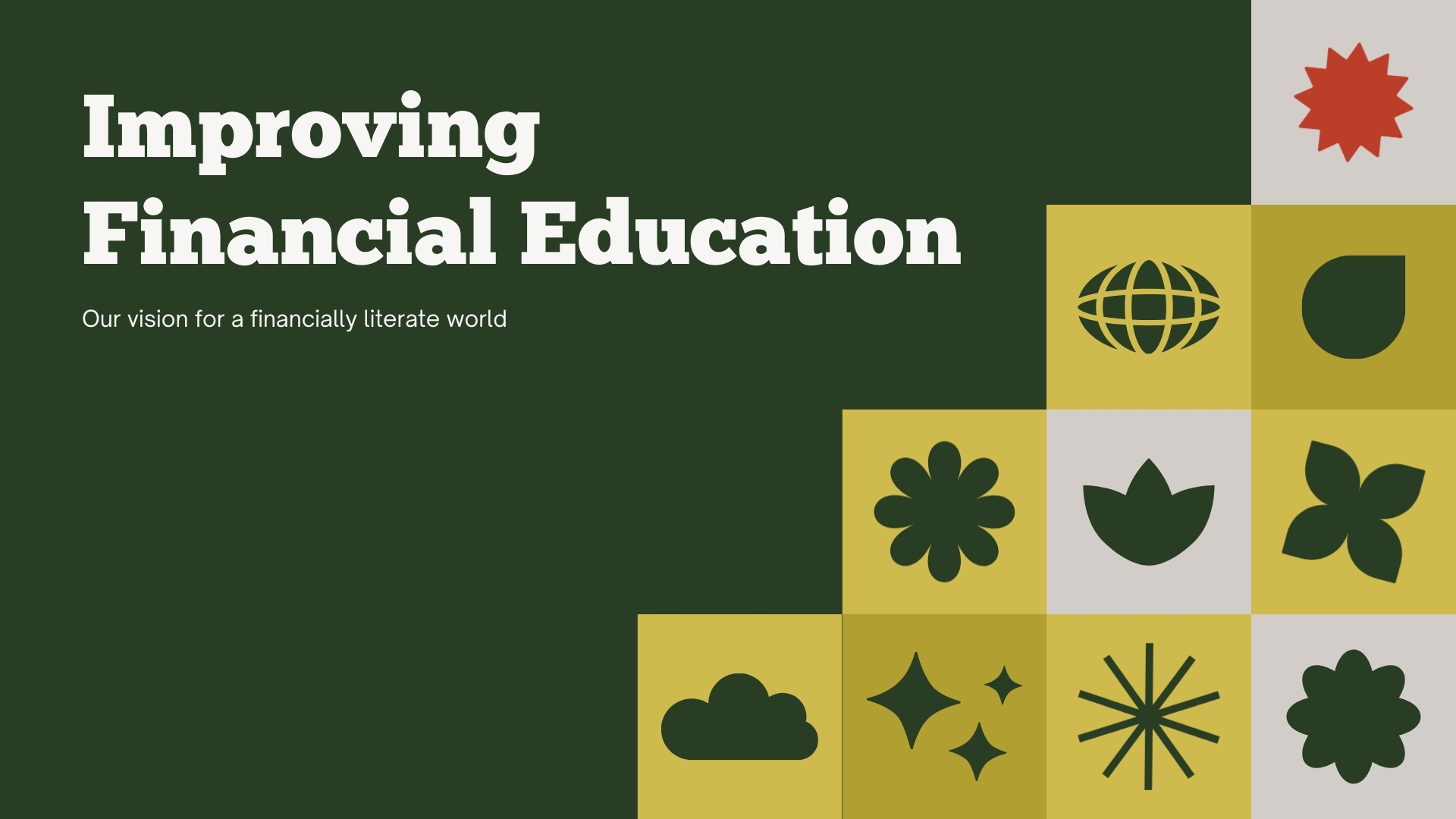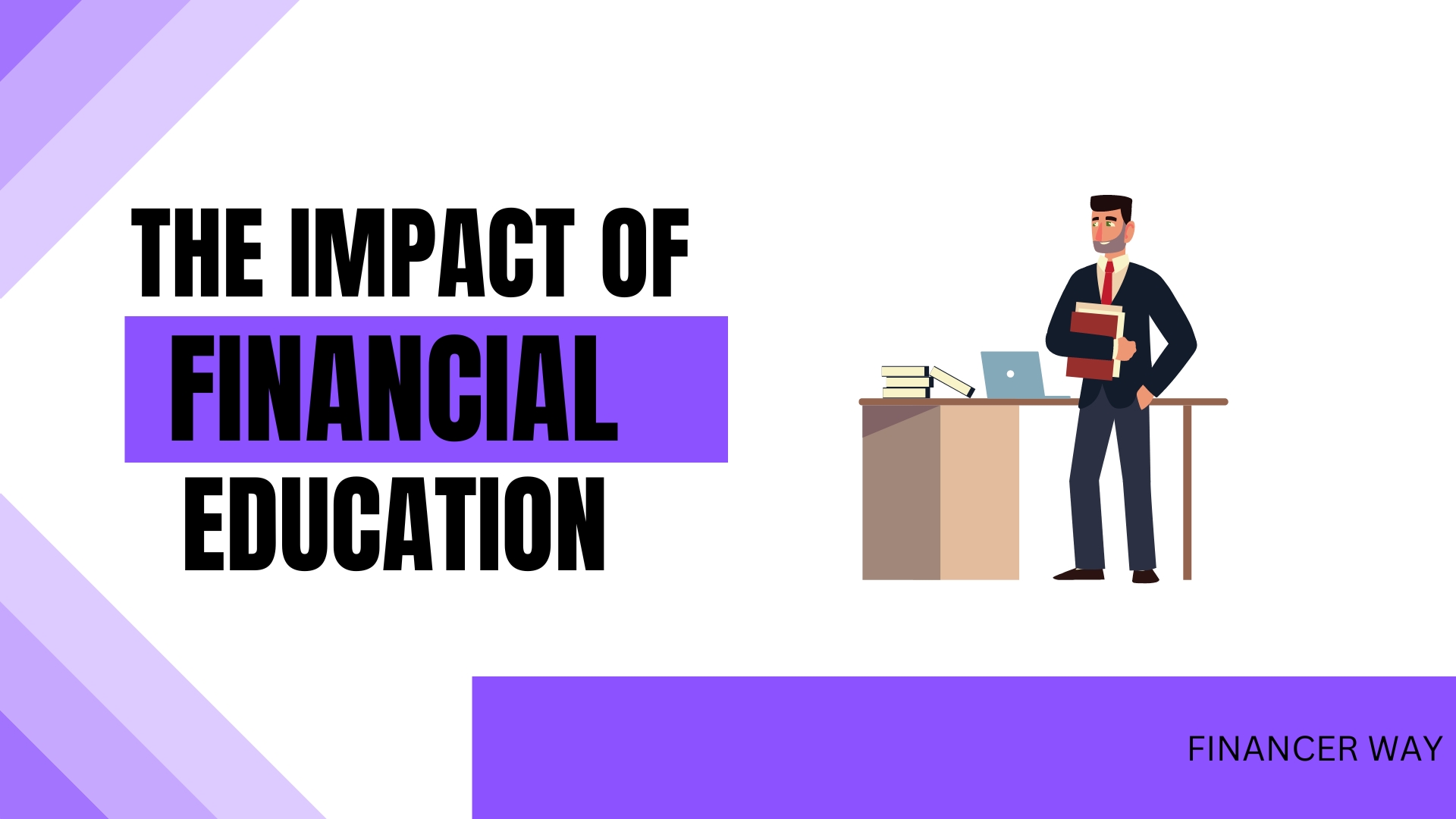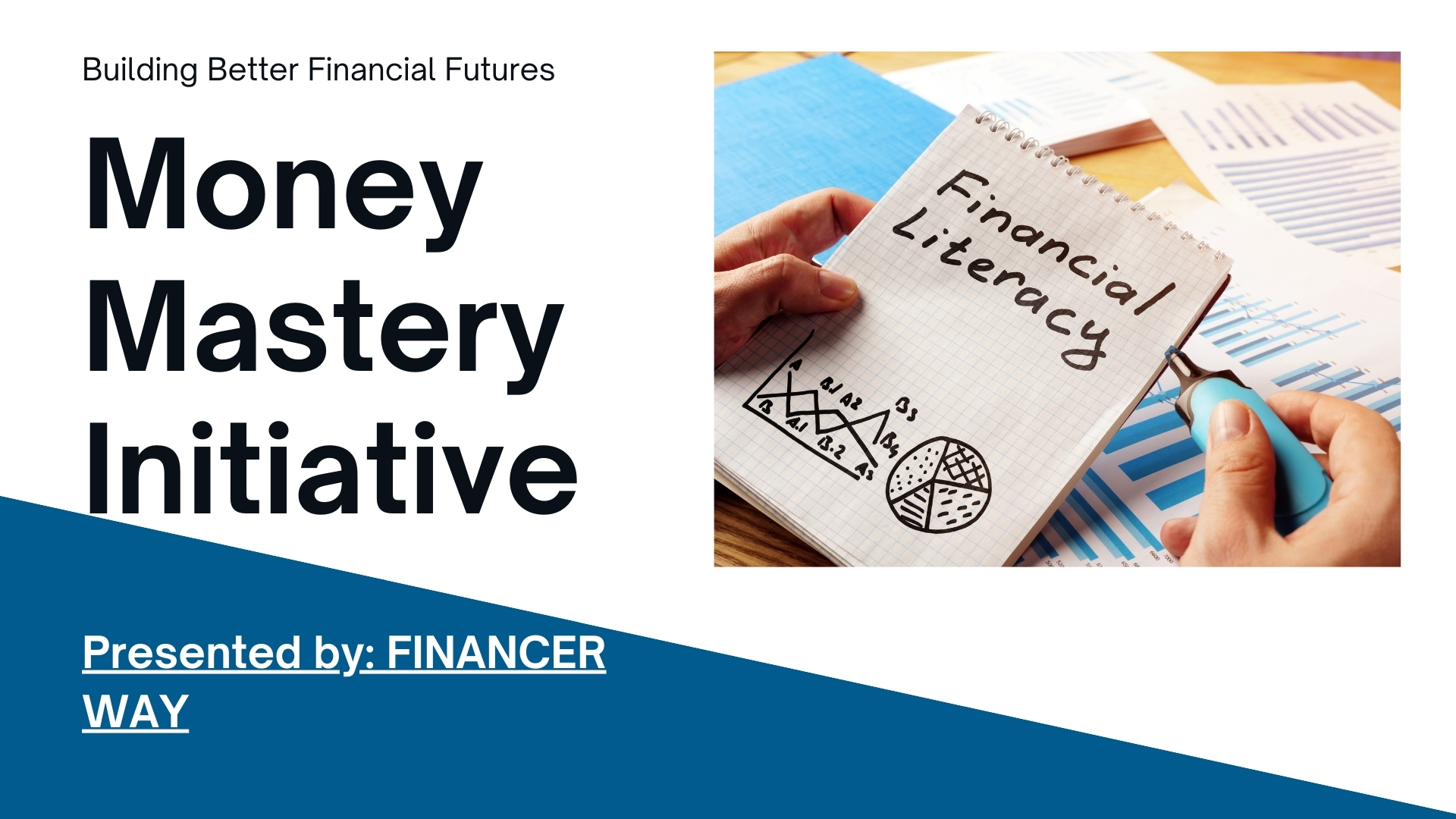“Empowering Canadians with financial literacy Non-Profit Initiative. Workshops, resources and outreach programs. Join us today!”
At our non-profit organization, we are passionately dedicated to improving financial literacy among Canadians. In a world where financial literacy is paramount to personal and societal well-being, our mission is clear: to equip Canadians with the knowledge and skills needed to navigate the complexities of personal finance with confidence and competence. Understand the importance of financial education.
Financial education isn’t just about balancing a checkbook or understanding how to budget. It covers a wide range of knowledge, including understanding credit, investing wisely, planning for retirement, and understanding the intricacies of taxes. With strong financial education, people can make informed decisions about their money, leading to greater financial stability and security.
Current landscape of financial education in Canada
Despite Canada’s reputation for economic prosperity, there remains a worrying gap in financial literacy among its citizens. According to recent studies, a large section of the population lacks even basic financial knowledge, leading to harmful consequences such as excessive debt, inadequate savings and the risk of financial scams.
Our vision for improving financial education

| Program Component | Description |
| 1. Financial Education Workshops | Free workshops in communities, covering budgeting, saving, and investing |
| 2. Online Resources | Interactive website with financial tools, videos, and articles |
| 3. Budgeting and Savings Challenges | Encouraging Canadians to set and achieve financial goals |
| 4. Financial Coaching | One-on-one coaching for individuals and families |
| 5. Partnerships with Community Organizations | Collaborating with local organizations to reach underserved populations |
| 6. Financial Literacy Curriculum | Developing educational materials for schools and community centers |
| 7. Webinars and Podcasts | Expert-led webinars and podcasts on various financial topics |
| 8. Financial Literacy Ambassador Program | Training volunteers to promote financial literacy in their communities |
| 9. Research and Advocacy | Conducting research and advocating for policies that support financial literacy |
| 10. Evaluation and Impact Assessment | Continuously assessing program effectiveness and making improvements |
Educational initiatives
An important way to address the problem of financial illiteracy is through comprehensive educational initiatives. We provide a variety of resources, including workshops, seminars, online courses and educational materials, designed to empower people with the knowledge they need to make sound financial decisions.
Community Outreach Program
Believing that financial education is not a privilege but a necessity, we actively collaborate with communities across Canada through our outreach programs. Through partnerships with local organizations, schools and businesses, we bring financial education directly to those who need it most, fostering a culture of financial empowerment and removing barriers to access.
Promotion and Policy Reform
In addition to our grassroots efforts, we advocate for systemic change at the government level. We work tirelessly to advance policies and initiatives that support financial education in schools, workplaces, and communities, advocating for a more inclusive and equitable approach to financial education.
Impact of Financial Education

The benefits of improving financial literacy extend far beyond the individual. By equipping Canadians with the knowledge and skills to effectively manage their finances, we contribute to a stronger, more resilient society. From reducing poverty and inequality to promoting economic growth and stability, the impact of financial education is deep and far-reaching.
How can you get involved
Whether you’re an individual looking to improve your financial literacy or a corporation wanting to support our mission, there are many ways you can get involved. Consider attending one of our workshops, volunteering your time and expertise, or making a donation to support our programs. Together, we can make a difference in the lives of Canadians across the country.
Conclusion
Ultimately, improving financial education is not the only goal. This is a necessity. At our non-profit organization, we are committed to providing Canadians with the knowledge and skills they need to achieve financial security and success. Through education, outreach and advocacy, we are working toward a future where financial education is accessible to all. Join us in our mission to create a more financially literate Canada.
Frequently asked questions (FAQ)
1. What is Financial Literacy education and why is it important?
Financial literacy refers to the ability to understand and effectively manage one’s finances. Includes knowledge and skills related to budgeting, saving, investing, debt management, and more. Financial education is important because it allows people to make informed decisions about their money, leading to greater financial stability and security.
2. How does financial education impact individuals and society?
Financial education has many benefits for both individuals and society as a whole. On an individual level, this can lead to increased savings, debt reduction, better credit scores, and overall financial well-being. In a society, high levels of financial literacy lead to economic growth, reduced poverty and inequality, and greater stability in financial markets.
3. What are some common barriers to financial education?
Barriers to financial literacy may include lack of education and access to resources, language barriers, cultural factors, and socioeconomic disparities. Additionally, complex financial products and services, as well as a lack of understanding of personal finance concepts, can hinder financial education efforts.
4. How can I improve my financial knowledge?
There are many ways to improve financial literacy, including:
Education: Take advantage of workshops, seminars, online courses and educational materials offered by organizations like ours.
Self-study: Use books, articles, and online resources to learn about personal finance topics.
Get Guidance – Consult financial professionals or advisors for personal advice and guidance.
Practice: Apply what you learn by creating a budget, tracking expenses, and actively managing your finances.
5. What programs and resources does your organization offer?
Our organization offers a variety of programs and resources to improve financial literacy, including:
Workshops and Seminars: Interactive sessions covering various aspects of personal finance.
Online Courses: Self-paced courses accessible to people from anywhere with an Internet connection.
Educational content: Articles, videos, infographics and other resources are available for free on our website.
Community Outreach: Programs designed for specific communities, including schools, workplaces, and community centers.
